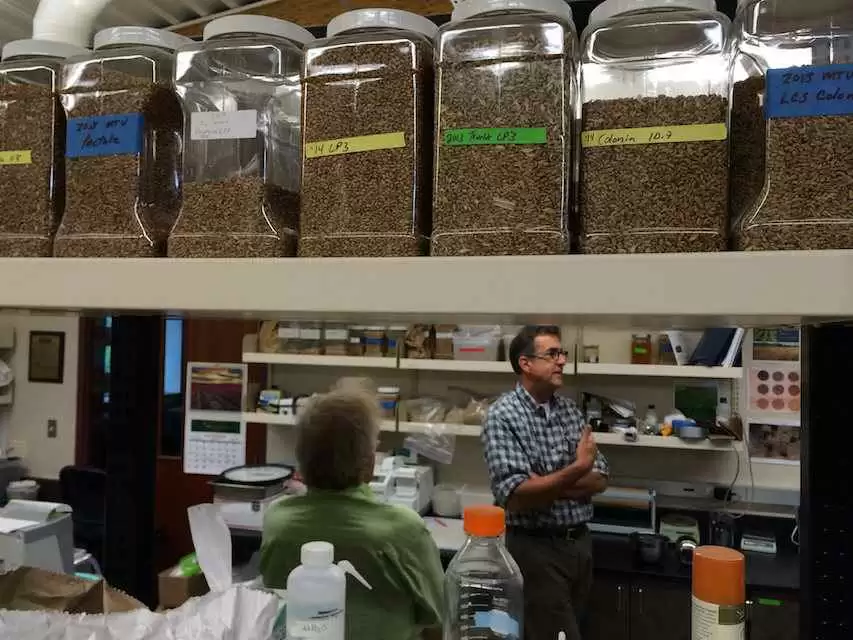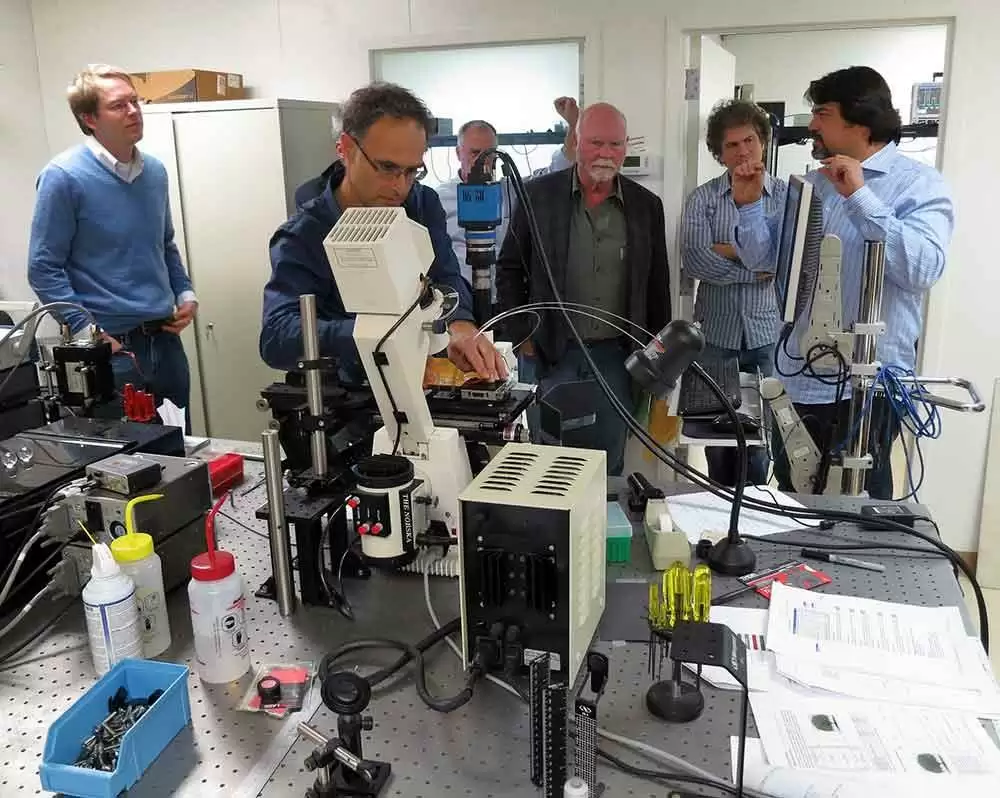
What makes gluten toxic to people with celiac disease? Also, what is the relationship between various kinds of wheat and their celiac toxicity?
To answer those questions, a team of researchers analyzed various kinds of wheat from several countries, all produced in the same agronomic year (2013-2014) at the Experimental Station at the Agronomic, Food and Biosystems School of Madrid.
Their study focused on a specific set of proteins in gluten, called gliadins. Marta Rodríguez-Quijano, a researcher at the Technical University of Madrid ...
- Read Full Article...
- 0 comments
- 10,539 views








